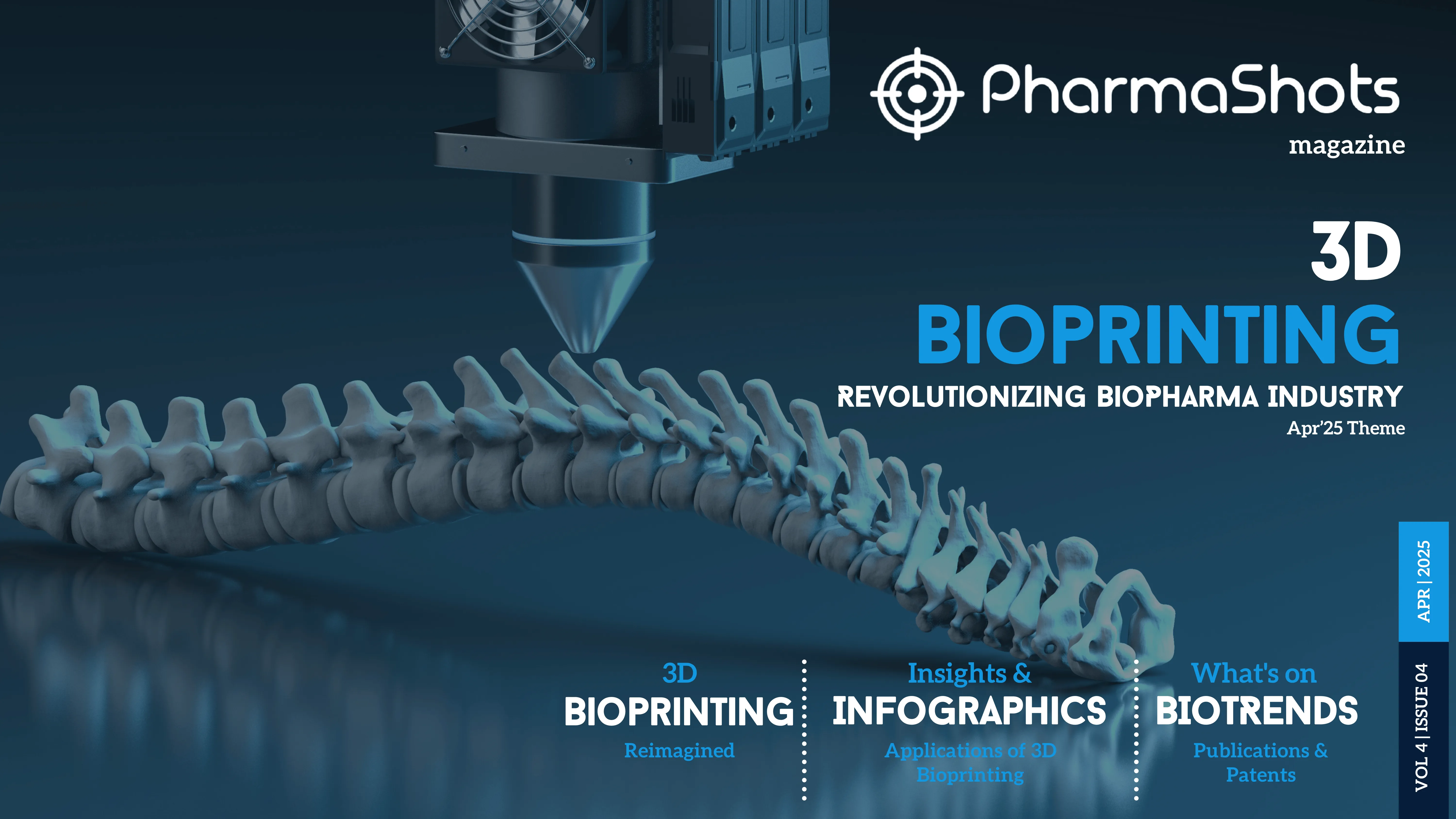
Advancements in Healthcare Equipment: How Technology is Shaping Patient Care
What was once considered futuristic technology is now reshaping how we approach medicine and patient care. For instance, advanced AI diagnostic tools and surgeries assisted by robots have become a common sight at hospitals, enhancing precision and reducing recovery times. This shift fundamentally transforms how diseases are diagnosed and treated, reshaping patient and provider expectations.
How do these innovations improve lives? Let’s explore recent developments and advancements in tools and equipment used at hospitals or clinics to understand their impact on patient outcomes better.
More Innovative Tools, Better Outcomes
Wearable health monitors have become essential tools for management. Popularly designed as watches, these devices continuously track metrics like heart rate and oxygen saturation. This watch provides real-time insights that enable individuals to manage their well-being proactively. The informative feedback on how their body responds to different stimuli at various times during the day will allow users to make decisions to improve general health.
Advanced AI-enabled diagnostic systems have transformed the way doctors make medical diagnoses. The software can identify conditions much earlier than a doctor and, more importantly, with greater accuracy. This enables the analysis of vast amounts of data to improve significantly the chances of detecting diseases early on.
Robotic surgery systems are also changing the face of surgical procedures. Their precision during complex operations minimizes the risk of complications. They also contribute to significantly shorter recovery times and overall better patient outcomes.
But with all these choices, how do you know which ones to trust? That's where reliable resources come in. If you're investigating the newest monitors or looking into resources to enhance diagnostic precision, you can trust skywardmedical.com to direct you to dependable healthcare equipment.
Personalized Medicine: Tailored Care for Every Individual
One size fits all? Not anymore! Personalized treatment plans are unique to the patient’s biology. For example, automated medication management systems ensure patients have the correct doses of medications, minimizing the risks associated with manual errors.
Another game-changer is targeted drug delivery systems, in which medications can be delivered precisely where the body needs them. What this does is to minimize adverse side effects. Envision a child with a unique genetic condition who had no available treatment but is now flourishing due to personalized therapies designed specifically for her.
The Power of Smart Tech in Modern Medicine
The Internet of Medical Things is to healthcare technology what a conductor is to the symphony: It brings devices – such as wearable monitors, smart beds in hospitals, and even machines that dispense medication – together for data flow. This translates into fewer hospital visits for patients with chronic illnesses and more proactive care in the comfort of their own homes.
Consider the elderly patient whose smart monitor alerts a doctor to unusual heart activity before symptoms appear. Or the remote community where telemedicine tools bring specialist care without long-distance travel. Such innovations are turning what was once reactive care into a preventative powerhouse.
Smart pills now monitor whether patients adhere to their medication schedules. This combines healthcare and high-tech espionage, featuring less excitement and more responsibility.
Advanced Imaging: Seeing Health in a New Light
New technologies like 3D mammography, high-resolution MRI machines, and portable ultrasound devices are changing diagnostics. These tools help clinicians detect diseases earlier, track them more accurately, and propose closer treatments.
Consider the evolution from grainy X-rays to crystal-clear digital images that might see even minor abnormalities. The result? Faster interventions and better outcomes. Portable imaging devices are even reaching remote clinics and emergencies, giving doctors life-saving insights when time is critical.
However, it is more than just professionals who benefit. Patients now see their diagnoses more clearly, empowering them to make informed decisions about their care.
Breaking Barriers: Technology and Accessibility
Access to quality healthcare has long been a challenge worldwide. Fortunately, technology breaks barriers and brings care to places it has never reached. Telemedicine platforms connect patients to specialists worldwide, while mobile health units bring advanced diagnostics to underserved areas.
Assistive technologies are opening doors to access for people with disabilities. Advanced hearing aids and voice-controlled home devices are improving healthcare but, more importantly, improving lives. This makes this interesting because it levels the playing field by providing everyone worldwide with a chance at better health regardless of physical limitations.
Automation and Streamlining in Healthcare
In hospitals, automation is quietly revolutionizing patient care. Automated medication dispensers, smart infusion pumps, and even robotic assistants are lightening healthcare professionals' workloads. These tools reduce human error and free up time for what matters most—patient interaction.
For instance, automated medication management systems ensure patients receive the correct dosage at the right time, reducing the risks associated with manual errors. Meanwhile, logistics robots deliver hospital supplies, streamlining operations behind the scenes.
These tools improve patient safety and efficiency. This means reduced wait time, fewer mistakes, and a better patient and provider experience.
Ethics and Reality: What’s Next for Healthcare Innovation?
While exciting, these advancements have challenges: ethical questions arise due to patient data privacy, biased AI algorithms, and the risk of being overly reliant on machines. For example, if an AI system incorrectly diagnoses a problem, who is liable – the programmer, the healthcare provider, or the machine itself?
There are practical concerns as well. Such advanced medical equipment is expensive and cannot be quickly adopted by smaller clinics. It takes work to train the healthcare workers to operate them properly. This shows the need for a careful balance – a drive for innovation and making it accessible, ethical, and reliable.
A Future Worth Watching
Perhaps most excitingly for today, the intersection of healthcare and technology is one of the frontiers this world represents. From more innovative tools to personalized care and enhanced connectivity, these advancements promise to improve patient outcomes and redefine what's possible in medicine.
As we move into the future, an informed attitude will be crucial to navigating this developing environment. Helping resources like skywardmedical.com enable patients and professionals to stay informed about the latest innovations so that the tools that work for us today secure a healthier tomorrow.
The future of healthcare is here and now, changing lives.
Related Post: Bridging the Biopharma Gap with Consulting Firms
Tags

Andrea Lacey is a health-focused tech and business blogger, always on the lookout for the latest trends and innovations in the wellness industry. With a wealth of knowledge and insight, she offers readers a unique perspective on the intersection of health, fitness, and technology, addressing the issues that matter most for a balanced life.














